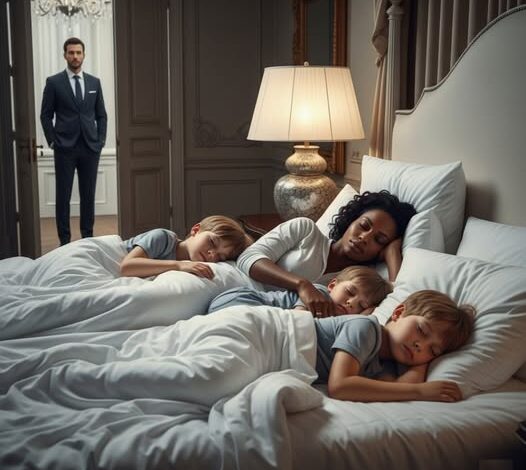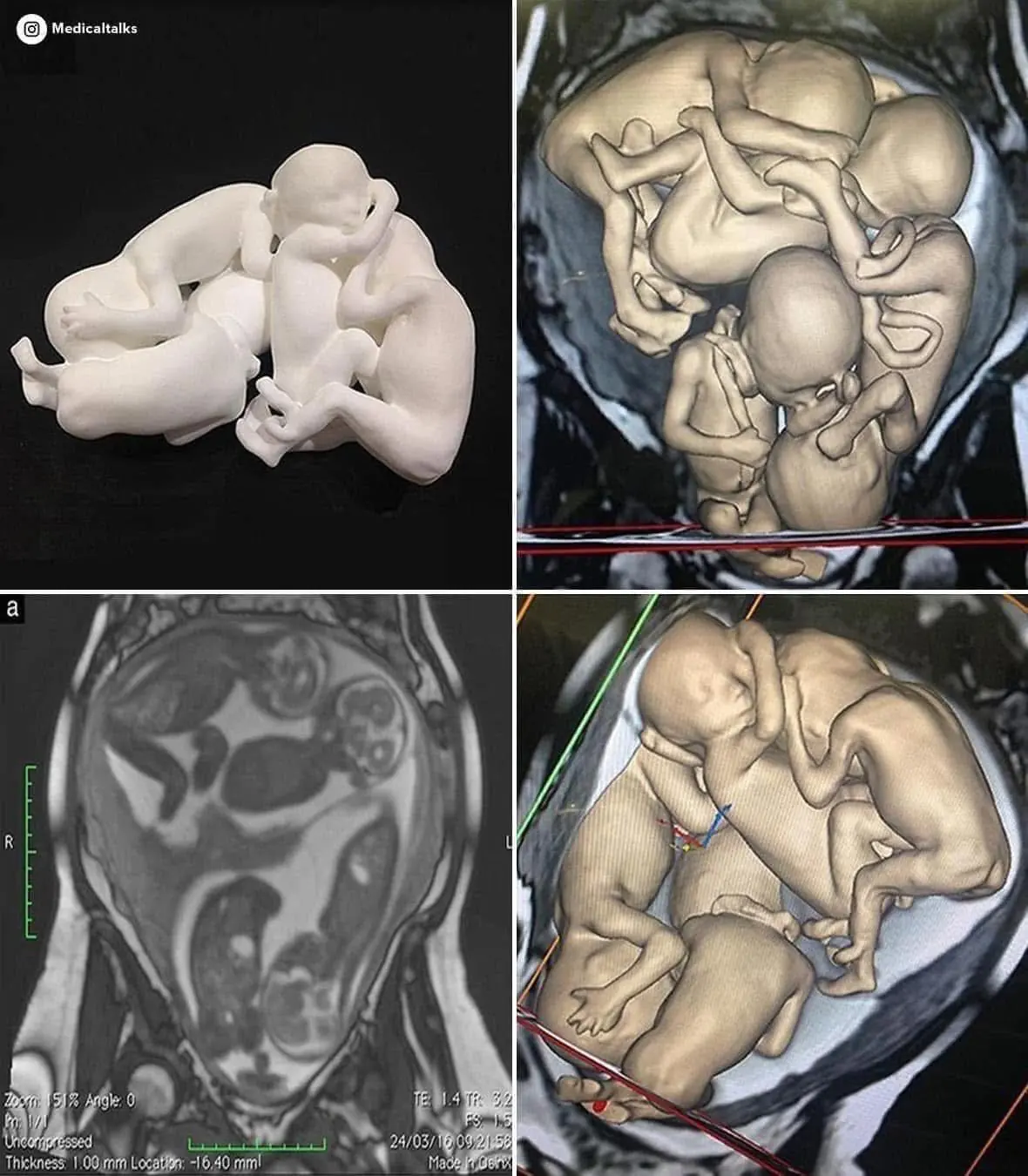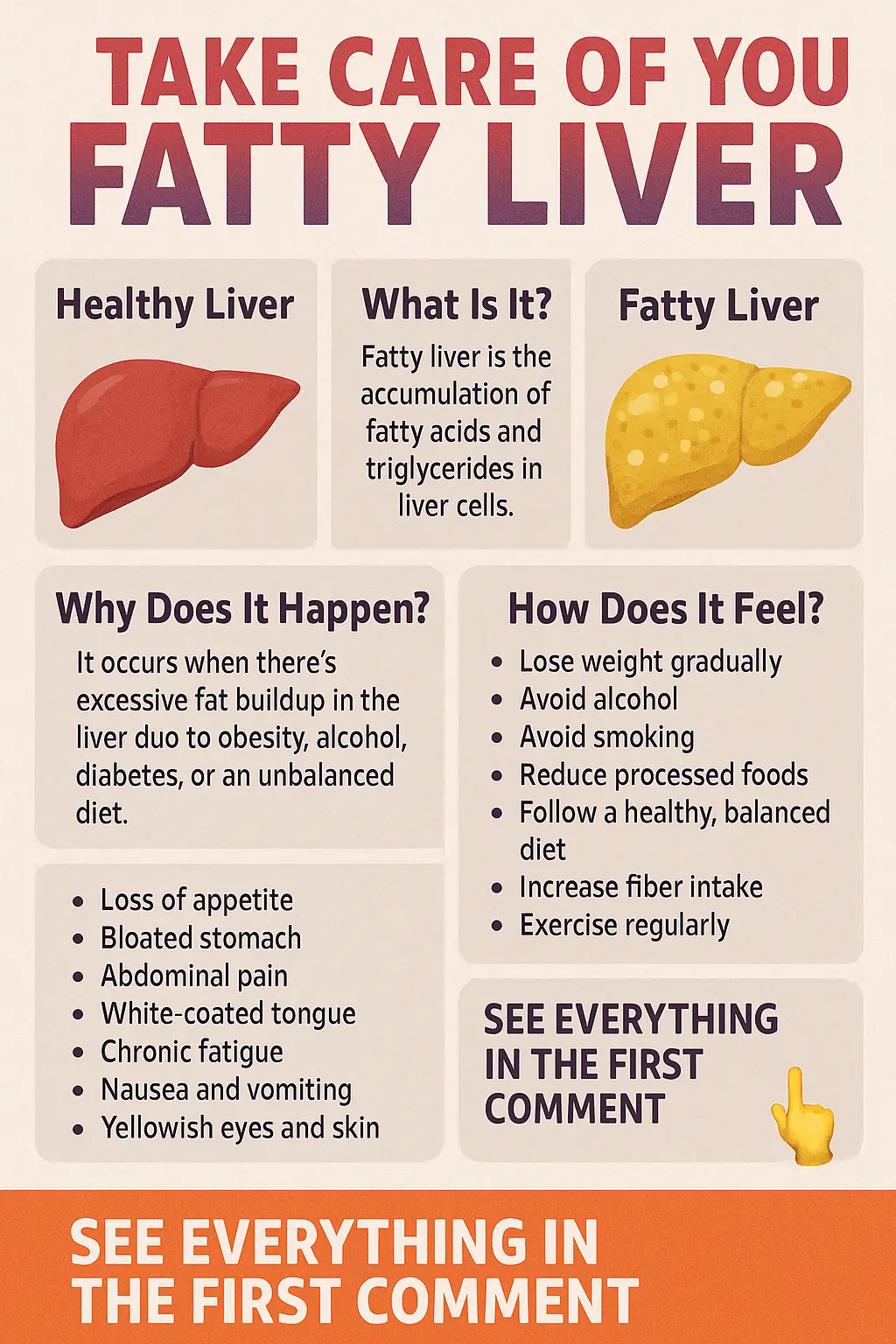
No Maid Survived a Day With the Billionaires Triplets, Until the Black Woman Arrived and Did What No One Could

Everyone in Manhattan knew the legend of the Harrington triplets. Liam, Noah, and Oliver were only six years old, but their reputations were already larger than life. They were notorious for chasing away every nanny, governess, or maid who dared to step foot inside the Harrington mansion. Some lasted a day, others only a few hours. They broke toys for sport, painted walls with ketchup, locked doors, hid valuables, and dismantled electronics just to see what would happen. No amount of money could keep a caretaker from running out in tears.
At the center of the chaos was their father, Alexander Harrington. Billionaire, tycoon, feared boardroom strategist—he commanded empires with a glance. But at home, he was powerless. His wife had died giving birth to the boys, and though he had poured his resources into securing the best caregivers money could buy, not one had survived the triplets’ relentless antics. The mansion, a fortress of glass and marble, echoed not with peace but with constant disorder.
And then came Grace Williams.
Grace was not the polished, hesitant type the agencies usually sent. At thirty-two, she carried herself with confidence born of experience, not entitlement. Raised in Atlanta, with a background in childcare and early education, she had faced classrooms of twenty-five restless first graders without flinching. She had grit, a quick wit, and a heart that refused to be intimidated. When she first walked into the Harrington estate, the triplets eyed her with wicked glee. To them, she was just another victim waiting to crack.
“Triplets, huh?” she said, meeting their stares without blinking. “I once handled twenty-five six-year-olds on a rainy day with no recess. You’re not going to scare me.”
That earned her silence, followed by sly smirks. The game had begun.
The boys launched their usual barrage that first afternoon—hiding toys in chandeliers, sneaking frogs into the living room, locking themselves in the pantry. They waited for the familiar shrieks, the desperate phone calls, the collapse. But Grace didn’t scream. She laughed. She turned their rebellion into play, their tricks into teaching moments. When they locked the pantry door, she slipped in after them and declared it a secret clubhouse. When they scattered food, she challenged them to a contest to see who could clean fastest. By dinnertime, she had all three sitting neatly at the table, eating vegetables with surprising enthusiasm.
When Alexander came home that evening, he froze in the doorway. The mansion was quiet. Grace was on the sofa with all three boys curled against her, fast asleep. For the first time in years, the Harrington home looked like more than a battlefield. It looked like a family.
The transformation didn’t stop there. The next morning, instead of chaos at breakfast, the boys were dressed, fed, and even helping set the table. Alexander, bewildered, asked the only question he could think of. “How did you do this?”
Grace smiled lightly. “Children don’t need to be controlled, Mr. Harrington. They need respect, consistency, and someone who actually listens.”
Her approach was simple, but revolutionary for the Harrington household. She didn’t punish tantrums—she redirected energy. When the boys shouted, she lowered her voice, forcing them to quiet down to hear her. When they played too roughly indoors, she led them outside and made the chaos into a game. Most of all, she gave them what no fortune had been able to provide: her time, her patience, her undivided attention.
Days turned into weeks, and slowly, the boys began to change. Liam, once the one who hid under tables at mealtimes, now sat proudly in his chair. Noah, the loudest and most defiant, began to read bedtime stories aloud with Grace’s encouragement. Oliver, the most withdrawn, started to laugh freely again. The mansion itself seemed to exhale, its rooms filled with laughter instead of shouting.
One evening, Alexander walked past the nursery and stopped in his tracks. All three boys were asleep, snuggled against Grace, her protective arm draped around them. For a man who had lost his wife so suddenly, the sight cracked something open inside him. Gratitude, admiration, and something else—something he had locked away for years.
When she looked up and caught him watching, she whispered, “They just needed to feel safe.”
For the first time in a long while, Alexander believed it too.
The Harrington estate, once infamous for chaos, became known for something else: warmth. Word spread quickly. Staff who had once begged to leave now asked to stay. Neighbors who had whispered about the wild Harrington triplets now spoke of their transformation with astonishment. Even Alexander’s business associates noticed his change. He no longer seemed weighed down with exhaustion. Some in the boardroom complained that he was “distracted,” spending more time at home, influenced too heavily by a maid. But Alexander no longer cared. He was watching his sons laugh, grow, and thrive, and that mattered more than any deal.
One rainy evening, as the boys built a pillow fort in the living room, Alexander approached Grace. His voice, usually so commanding, softened. “You’ve done more for this family than anyone else ever could. I don’t know how to thank you.”
Grace looked up, her eyes kind but steady. “You don’t need to thank me. They needed love, that’s all. And so did you.”
The words hit him like truth he had long denied. Grace hadn’t just saved his sons. She had saved him too.
Weeks later, the triplets marched proudly into the kitchen carrying a handmade sign that read: We love you, Miss Grace! Alexander, watching their joy, felt something he hadn’t in years—wholeness. His family, once fractured, was whole again.
And it all began with the woman no one believed would last a single day.
Grace had done what no one else could. She gave the billionaire’s triplets back their childhood.
News in the same category


Garlic, Cloves, and Ginger Destroy Toxins and Fungi in the Body! 🌿✨ Grandma’s Golden Recipe Revealed

Honey Garlic Salmon & Roasted Sweet Potato Bowl 🍯🐟🍠

Multiple Pregnancy After IVF – The Miraculous Case of Quadruplets in France

Just 2 tablespoons… Eliminate all worms and parasites from your body.

Your Feet Are Screaming for Attention: 6 Shocking Health Clues Hidden in Your Soles!

7 Minor Illnesses That Repeatedly Occur May Be Warning Signs of Cancer

8 Early Warning Signs of Nutrient Deficiency That Show Clearly on Your Body

Why Do Your Feet Itch at Night? Simple Causes and Effective Solutions

Natural Remedy to Relieve Back Pain with Figs

Hearing Loss? Discover a Natural Remedy That Could Help Improve Your Hearing

4 Parts of Chicken You Should Avoid — And Why They May Not Be as Healthy as You Think

The Magic of Black Cats and Their Impact on Our Health

Say Goodbye to Diabetes, High Blood Pressure, Fatty Liver, Cancer, and Heart Attacks

7 Warning Signs Your Body May Have Parasites

7 Signs of Nasopharyngeal Cancer: No. 1 is Hard to Treat if Not Detected Early

Fatty Liver: Recognize the Symptoms and Reverse It in Time

Why Do Canker Sores Appear? Painful Signs You Shouldn’t Ignore

🫀💔 How to Maintain a Healthy Cholesterol Level for a Strong Heart
News Post

3-Step Okra Skin Care: Get Rid of Wrinkles, Large Pores & Dark Spots

Garlic, Cloves, and Ginger Destroy Toxins and Fungi in the Body! 🌿✨ Grandma’s Golden Recipe Revealed

Honey Garlic Salmon & Roasted Sweet Potato Bowl 🍯🐟🍠

A Dog’s Unfinished Dream of Happiness Finally Comes True

From Abandoned to Adored: Amber the Puppy’s Journey to Hope and a Fresh Start!

From Stray on the Streets to Shining Star: Sam’s Inspiring Recovery Journey

🥓 Bacon and Sausage Breakfast Plate

🥤 Caramel Popcorn Milkshake with Pretzels

🧁 Chocolate Cupcakes with Pink Buttercream

🍵 Matcha Cupcakes with White Chocolate Hearts

🍫 Raspberry Chocolate Cupcakes Recipe

Hope, albino turtle born with exposed heart who inspired world, has died — rest in peace

Put Black Pepper Under the Bed: You Won’t Believe What Will Happen

Banish Plantar Warts Naturally: Unlock Garlic’s Healing Power

Flash a Radiant Smile in Just 60 Seconds: The Banana Peel Whitening Hack for a Pearly White Grin

Nature’s Elixir: A Simple Drink to Nourish Your Kidneys, Liver, and Lungs 🌿

Glow Up Naturally: The Tomato and Turmeric Secret for Radiant Skin and Rosy Lips ✨

Multiple Pregnancy After IVF – The Miraculous Case of Quadruplets in France
